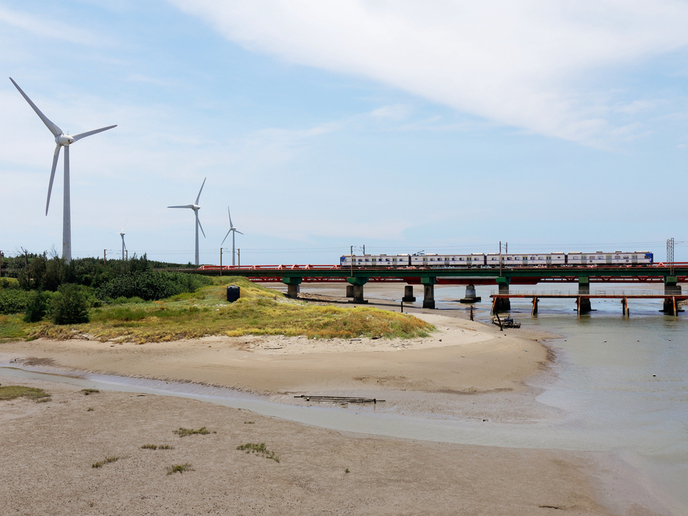Getting Europe on track to a low-carbon future
In order to make informed decisions about the most suitable pathways to climate neutrality, stakeholders need a reliable and practical model system that can assess the feasibility, effectiveness, costs and impacts of different policy options. The LOCOMOTION(opens in new window) (Low-carbon society: an enhanced modelling tool for the transition to sustainability) project, coordinated by the University of Valladolid in Spain(opens in new window), builds on the IAM developed by the Horizon 2020 MEDEAS project. An interdisciplinary consortium of 14 institutions across Europe and Japan are complementing this with data management, policy and scenario assessment, uncertainty measures, and system dynamic modelling of the relevant energy, environmental, economic, social, technological and biophysical variables. Known as WILIAM, the improved, more transparent model draws from other models such as World6, TIMES, LEAP, GCAM and C-Roads, and boasts an increased level of detail and precision and greater geographical coverage by creating a new worldwide multiregional model with seven global regions and the integration the 27 EU Member States. LOCOMOTION is further supporting the EU’s contribution to major international scientific assessments by reviewing the IPCC Assessment Report 6, publishing its early results in peer-reviewed journals, and participating in the 25th UNFCCC Conference of the Parties. The project is also enhancing international cooperation by engaging with international experts (including those from the United Nations), and presenting at international fora such as the Integrated Assessment Consortium(opens in new window). Due to conclude in 2023, the results of the project will be available to scientists and modelling experts as open-source software in Python with extensive technical documentation. A second interface aimed at non-scientists will offer a user-friendly decision-support tool for policymakers, as well as education and social awareness applications.



